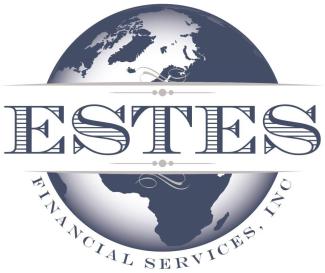In the realm of investment advice, value is defined by what you receive from your advisory relationship that meets or exceeds your expectations. For most clients, it has much less to do with pricing or investment performance, than it has to do with the fulfillment of promises and commitments made at the outset of the relationship. But the commitments will only have value if they are based on your stated needs and expectations.
CEOs do it’ athletes do it; in fact, anyone who needs to be able to achieve a certain level of performance in order to achieve a specific goal constantly assesses where they are in relation to where they want to be. This is to ensure that available resources are being utilized optimally at all time.
Setting a finance-related resolution in 2022? Here are some ideas to help you stay on track.
It may be easier to stick to your financial goals if you have a strong investment philosophy in place.
Most people of conscience, especially those who have done well for themselves, want to use their resources to do some good in the world.
Many investors have heard the term “asset allocation” at one time or another. From the first time we sign up for a 401k plan at the office all the way through the conversations we have with financial planners in retirement we are bombarded with messages about the importance of proper asset allocation.
In the story of Alice in Wonderland, Alice arrives at a fork in the road and wonders aloud which road to take. A smiling Cheshire Cat appears and asks her what her destination is, to which she replies, “I don’t know.” The toothy cat then proffers the only possible response, “Well, then it doesn’t matter.”
Most people think estate planning is only for wealthy people. Certainly, the 55% of Americans who died without a will thought so, even though all of their estates ended up in probate court subject to the laws of the state. Sadly, the surviving families were thrust into a situation that resulted in unnecessary distress, expense and, for many of them, devastating financial consequences.
While divorce may be hard on your emotional wellbeing, you shouldn’t let it impact your retirement plans.
Even if you're not ready to retire, understanding how you benefit from Social Security can help with your retirement plans.






